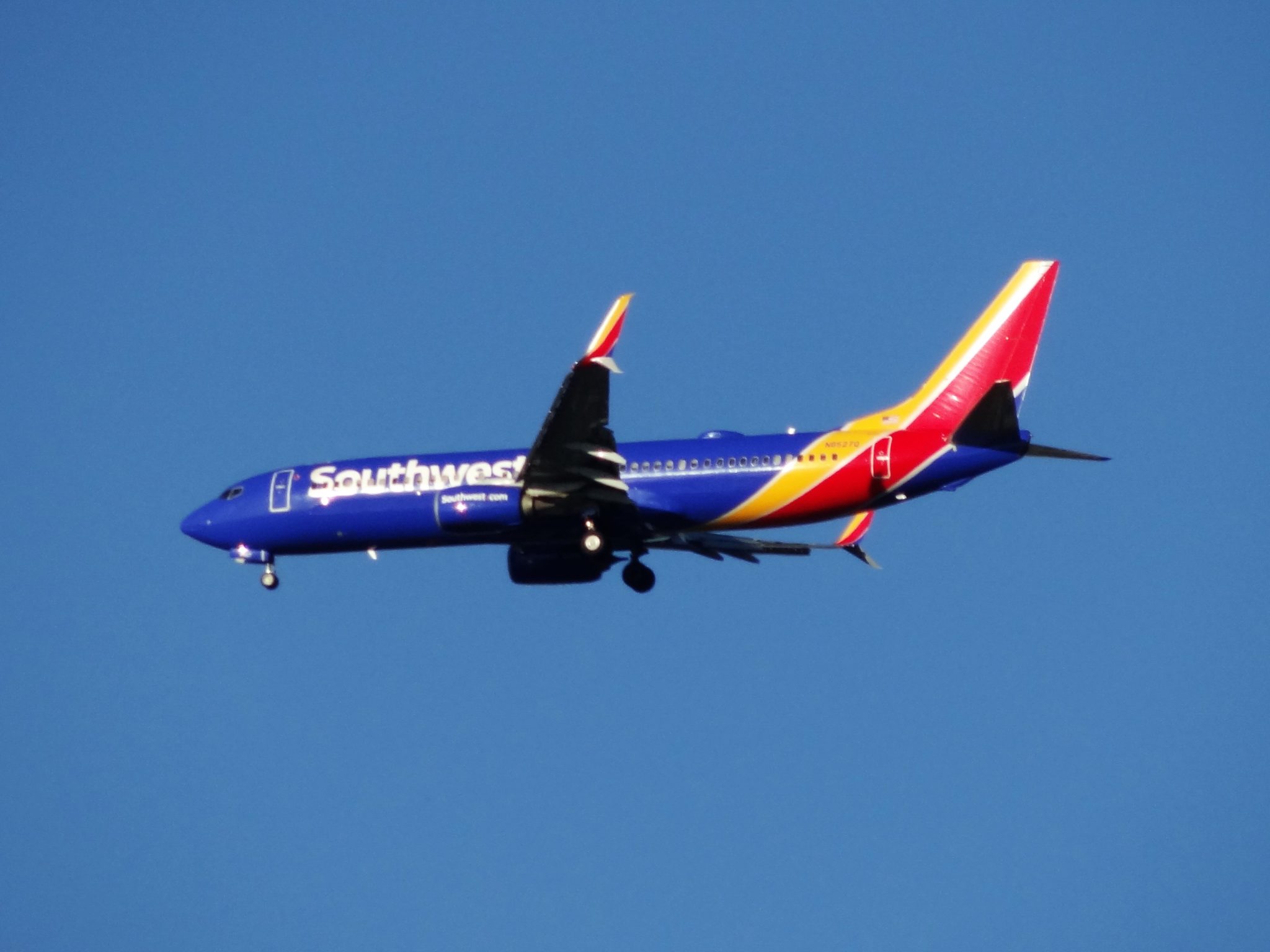Southwest Airlines Co. (NYSE: LUV) («Southwest») today announced an offtake agreement with USA BioEnergy, LLC («USA BioEnergy»), for up to 680 million gallons of neat sustainable aviation fuel (SAF). Over the term of the 20-year agreement, once blended with conventional jet fuel, the SAF could produce the equivalent of 2.59 billion gallons of net-zero1 fuel and avoid 30 million metric tons of CO2. Southwest® plans to begin purchasing SAF from USA BioEnergy’s facility near Bon Wier, Texas, as early as 2028. Additionally, as part of the offtake agreement, Southwest and USA BioEnergy have established a long-term strategic relationship offering Southwest the opportunity to purchase up to another projected 180 million gallons of SAF per year from future planned production facilities.
«This offtake agreement with USA BioEnergy marks important progress in the development of our SAF portfolio and furthers our goal to replace 10 percent of our total jet fuel consumption with SAF by 2030,» said Michael AuBuchon, Managing Director Fuel Strategy and Management at Southwest Airlines. «We look forward to the opportunity to grow our strategic relationship with USA BioEnergy and potentially purchase more SAF from them in the future.»
«Our agreement with Southwest Airlines is a perfect fit because it aligns Southwest’s goal of reaching net zero carbon emissions by 2050 and USA BioEnergy’s goal of becoming the leading producer of carbon-negative fuel,» said David Prom, Chairman of the Board, Co-Founder of USA BioEnergy. «USA BioEnergy is excited to work with Southwest on this initial project and, potentially, future sites we may add in our pipeline.»
Southwest recognizes the critical role that commercially viable SAF will play in the carrier’s strategy to achieve its near-term and long-term carbon goals and is taking action to forge relationships across the aviation value chain to proactively address the challenges on the path to its goal of net zero carbon emissions by 2050. For more on the carrier’s SAF strategy, visit southwest.com/SAF.
1 Net zero is determined by a fuel with a carbon intensity of zero (0) gCO2e/MJ or lower on a lifecycle basis.



